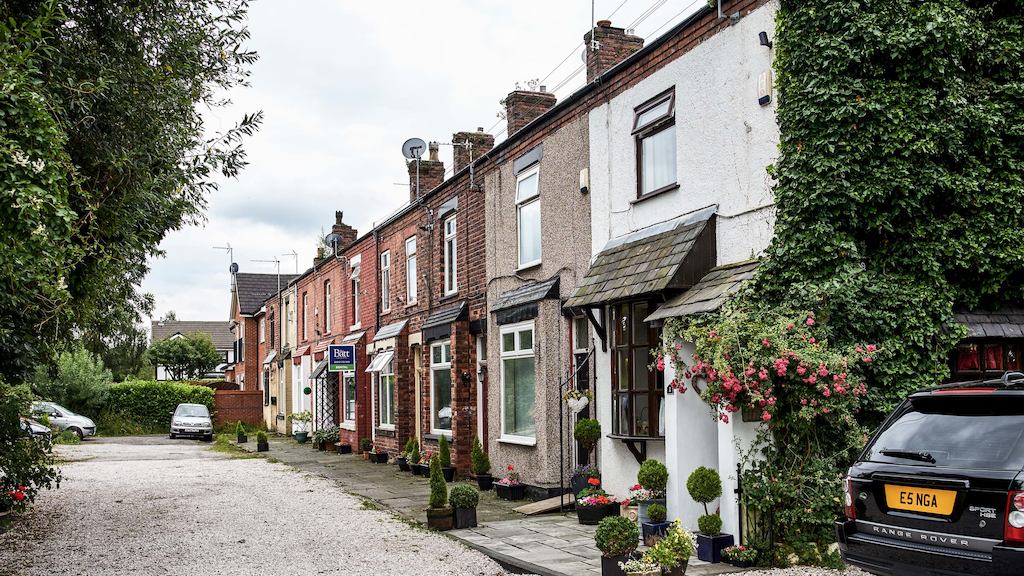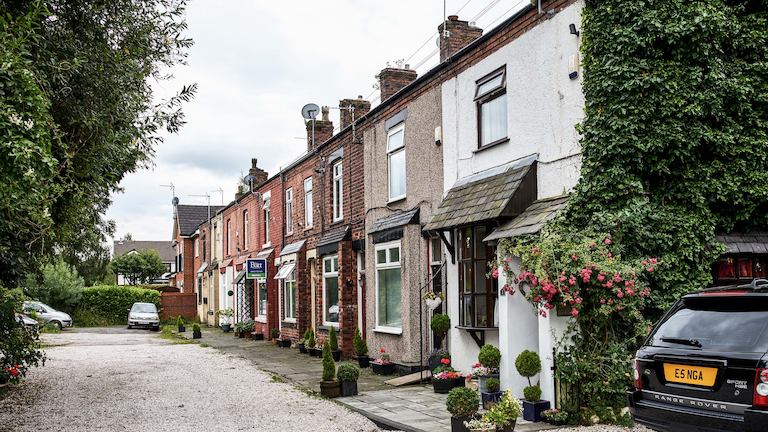Regarding a recent article on housing demography in Britain ('The silver lining', 5 January), many people in the baby-boom generation are actually on low incomes, with small pensions and trapped in properties that are in poor condition.
One-fifth of the homes occupied by older people in England failed the Decent Homes Standard in 2014. And not all older people will one day move into specialist accommodation. Most live in ordinary housing, largely through their own choice rather than because of stamp duty or an undersupply of specialist housing.
More and more people in later life do not own their homes but rent privately, in a sector where tenancies can be insecure. Some estimates suggest a third of people aged 60 and over will live in private rental properties by 2040.
The fact is, many baby-boomers either don’t want to downsize or don’t have the option. The lack of suitable homes prevents many people moving even if they wanted to, and new homes are not being built for the needs of our ageing population.
Although wealthier people can move more easily, many on low- and middle- incomes can find themselves trapped in homes that are no longer appropriate for them as they age.
This post was originally published in The Economist as a letter to the editor.


